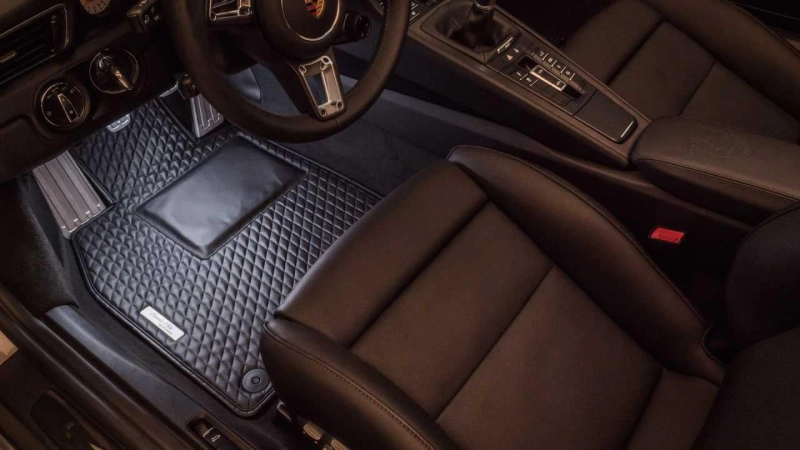Rubber matting is primarily utilised as a necessary piece of safety flooring to improve comfort underfoot, relieve tiredness, prevent slipping, and absorb impact. Rubber matting can be found in a variety of settings and purposes, ranging from factory matting to stable flooring. Because of its longevity, simplicity of washing, and upkeep, this type of matting is very popular.
Where does rubber matting come in handy?
Industrial Environments Depending on the use, many of our anti-fatigue mats are made entirely of natural rubber or contain a percentage of natural rubber mixed with PVC or Nitrile consult our chemical capabilities guide to select the best matting for your environment. Rubber anti-fatigue mats are commonly seen in factories and other industrial settings where workers spend the majority of their time standing. The matting helps to reduce standing fatigue by offering underfoot cushioning and encouraging slight foot movement. Rubber mats can also have drainage holes and gritty anti-slip surfaces.
Gyms and Recreational Centers - Gym matting is made to make working out more comfortable and safe. There are two possibilities available to us. Both are made out of natural rubber.
Entrances - Nitrile rubber is commonly used in outdoor entry mats due to its durability and resistance. Raised scrapers are frequently used on the mats to remove dirt and debris from shoes. It is also used by rubber stair mats supplier to provide step mats.
Matting in cars
Aside from the occasional dusting, you probably don't think about your car's floor mats very often. However, if you live in a damp or snowy environment, investing in a new pair of rubber floor mats might provide significant benefits.
Rubber floor mats may take some getting used to if you're used to your mats matching your car's carpet, but they're easier to clean and can even boost the worth of your car over time, believe it or not.
Rubber floor mats are more sturdy and long-lasting than other types of floor mats.
Rubber floor mats have the advantage of not staining or retaining dirt as well as traditional carpeted mats. Plus, even after years of intense use, they're less prone to pill or tear.
They're simple to keep clean.
It's simple to remove rubber mats and hose them down if you spill coffee or track mud into your car. Rubber floor mats are ideal for drivers in damp conditions, as well as those who transport dogs or small children.
They shield your carpet from damage.
Floor mats protect the carpeting beneath them, and rubber mats perform a better job than carpet mats in doing so. Dirt, stains, and filth can permeate through the carpeting and harm it over time. If protecting your carpeting is a priority for you, rubber mats are the way to go.
They aid in the prevention of corrosion.
If you live in a region where there is a lot of rain or snow, having the wrong floor mats might cause major damage to your vehicle. Standard floor mats allow moisture to seep through your carpeting and down to your floor pans, causing rust to form over time.
They're more appealing to the eye.
Fabric floor mats degrade with time, becoming progressively worse when they are exposed to more dust, mud, filth, foot activity, and moisture. Rubber mats are more durable and easy to clean, so they may help to keep your inside looking tidy for longer.
They can increase the worth of your car.
First, a disclaimer: There are numerous factors that might increase or decrease the resale value of your vehicle. Even if you took fantastic care of your automobile otherwise, worn-out carpets — or, worse still, rusting floor pans — can drastically hurt your wallet should you decide to trade it in or sell it privately. As a result, rubber floor mats might be a wise investment in protecting your car's long-term resale value.
0



